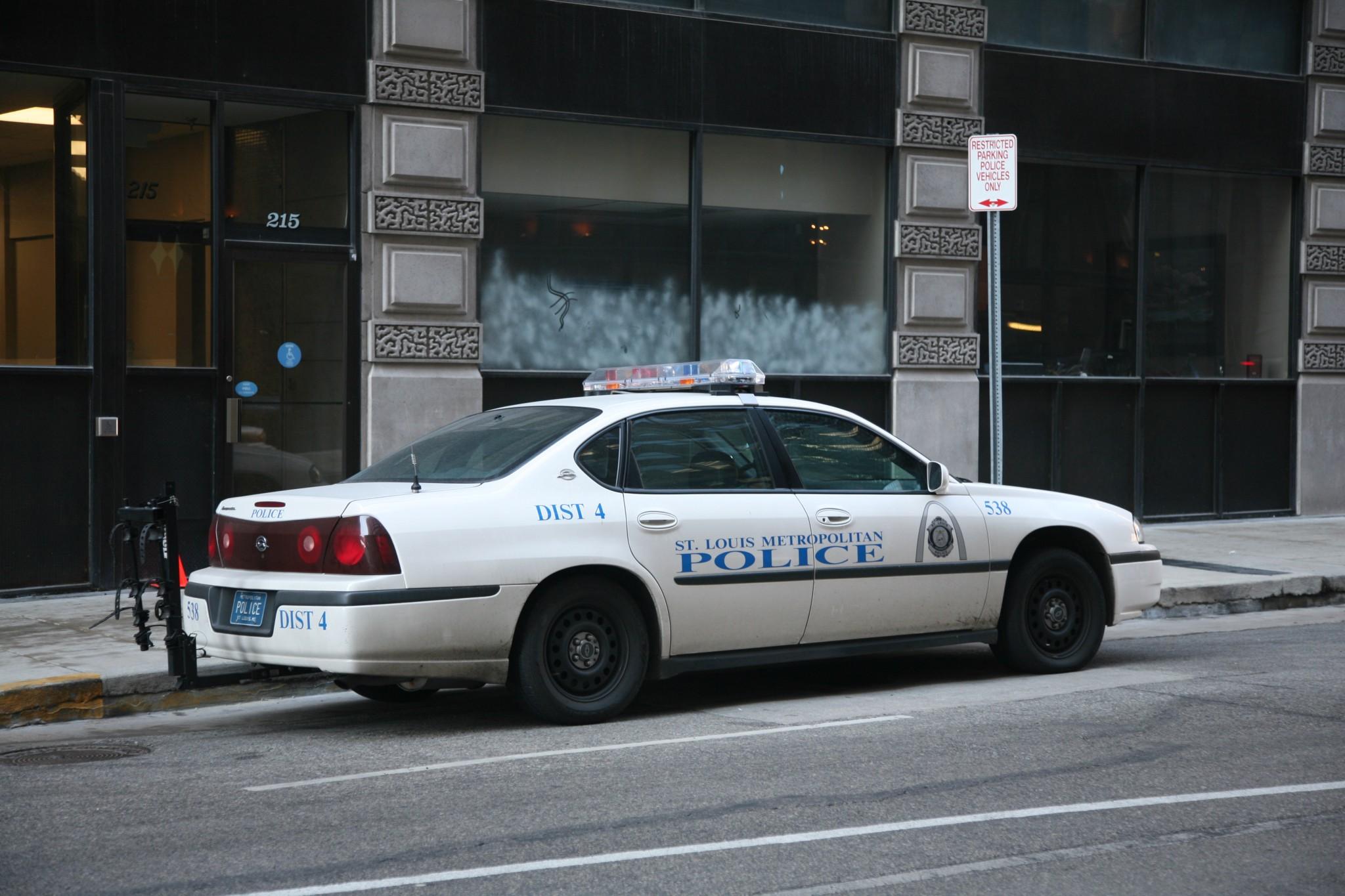When Some People Are Below The Law
Can a prostitute be raped? As a young law student, this was an interesting question. As an experienced lawyer, this is a no brainer. The answer is: of course. The fact that someone may have engaged in illegal acts does not give other people license to commit crimes against that person. This is true because, […]

Can a prostitute be raped? As a young law student, this was an interesting question. As an experienced lawyer, this is a no brainer. The answer is: of course. The fact that someone may have engaged in illegal acts does not give other people license to commit crimes against that person. This is true because, under our justice system, no one is supposed to be above the law and no one is supposed to be below it.
However, the justice system in this country does not always operate as it should. The recent killing of Anthony Smith reminds us that, in fact, certain people are considered below the law. Judicial Circuit Judge Timothy Wilson’s decision to acquit St. Louis Metropolitan Police Department Officer Jason Stockley of all charges drips with disdain for Smith.
As a long-time prosecutor who has tried dozens of cases before juries, I recognize that I am not in a position to second-guess the decision of someone who sat through the entire trial and observed the composure of witnesses. Having never been a police officer, I am also not qualified to judge the level of danger they face in order to keep communities safe, though I know that many brave officers are killed in the line of duty. But, I do know how to recognize a biased decision where one side has clearly been given every benefit of the doubt and the other side is largely dismissed as a couple of thugs who basically deserved what they got.
In brief: On December 20, 2011, two officers, Jason Stockley and Brian Bianchi, drove by two people, Anthony Smith and Kirkwin Taylor, engaged in what the officers deemed suspicious behavior. When the officers rapidly pulled their car behind Smith’s car, Smith and Taylor jumped in their car, rammed the officers’ car twice, purportedly struck Stockley’s hand that was holding a gun, and then quickly drove off. Smith drove into oncoming traffic on the wrong side of the road and Bianchi intentionally rammed into Smith’s car, causing it to crash. Stockley and Bianchi then both ran up to the driver side of the car. Stockley appeared to be wrestling with something or someone. Seconds later, Stockley fired 5 bullets into Smith, one from no more than six inches away. Bianchi, who was in a position to watch what was happening, never unholstered his weapon. Smith died after being removed from his car. Later — and after reaching into his own car — Stockley climbed into Smith’s car and claimed to have found a gun tucked between the seat and the center console. Stockley’s DNA was found on the gun. Smith’s was not.
Judge Wilson spent 30 pages explaining his not guilty verdict without once expressing concern about the officers’ conduct. He summarily dismissed audio of Stockley saying during the chase “we’re killing this m…f…er, don’t you know,” because the words before and after are garbled and he maintained he couldn’t determine the context.
I’m not sure there are any innocent contexts when someone is heard saying “we’re killing this m…f…er” and the m…f…er is then killed.
Judge Wilson noted that when Smith drove at speeds up to 87 miles per hour on wet roads, he was “endangering other drivers and pedestrians.” He did. But Judge Wilson failed to mention that when Stockley fired shots at that moving vehicle, he, too, endangered other drivers and pedestrians.
Though prosecutors argued that Stockley likely planted the gun, Judge Wilson seemed unconcerned that the same officer who had just shot Smith at short range also searched Smith’s car and unloaded the gun without gloves. He never suggested in his opinion that these tasks would more appropriately have been handled by a crime scene officer.
Judge Wilson also wrote that “based on . . . nearly thirty years on the bench, . . . an urban heroin dealer not in possession of a firearm would be an anomaly.” Judge Wilson is clearly not a statistician. Even assuming Smith was “an urban heroin dealer” in St. Louis, a city where 256 people died of heroin overdoses in 2016, it is unlikely that Judge Wilson knows whether he was an anomaly or not. But it is a cute line to dirty the decedent. Judge Wilson also denied considering Smith’s felony record, though, conveniently, he mentioned the marijuana in his system.
I do not know why the State did not call Officer Bianchi to the stand. It did call Smith’s passenger, Taylor, who testified that he never saw a gun in the car. Judge Wilson dismissed Taylor’s credibility, in part because of a felony drug conviction that resulted in a suspended sentence.
I do not pretend to know what happened on December 20, 2011. But I do know what Judge Wilson wrote on September 15, 2017. His opinion makes it clear that, as long as he presided as judge, the State was probably not going to win a trial with Anthony Smith as the victim. And I understand why that upsets some people, including me.
